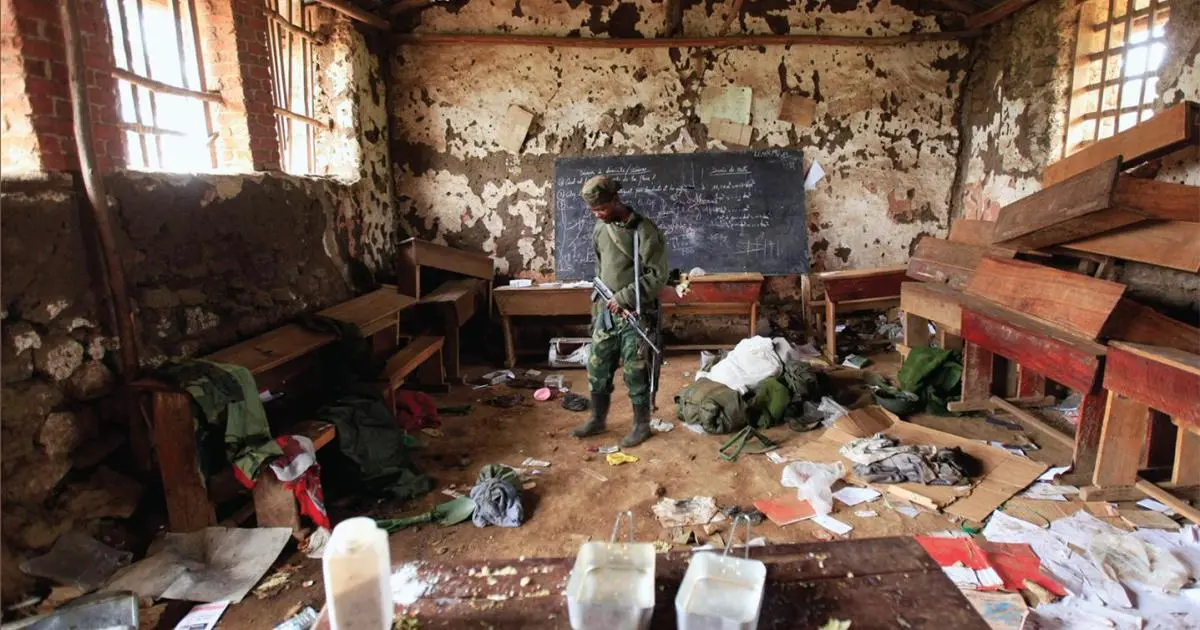
The education system in South Kivu province is on the brink of collapse, with 635 schools shuttered amid escalating armed conflict and insecurity, according to a recent report by the United Nations Office for the Coordination of Humanitarian Affairs (OCHA).
This alarming development has left over 272,500 children—146,285 girls and 126,300 boys—without access to education, deepening the crisis in one of eastern Democratic Republic of Congo’s most vulnerable regions.
OCHA’s report, released on July 21 and covering June 2025, reveals a grim picture: 7.7% of the province’s schools are closed due to violence, while at least 12 educational institutions remain occupied or have been directly attacked by armed groups. The fallout extends beyond school closures; more than 20,523 primary school finalists, including 9,748 girls and 9,507 boys, were unable to sit for their crucial end-of-cycle examinations.
“The intensification of armed conflict and insecurity has severely disrupted both education and civilian protection,” OCHA stated, highlighting a broader deterioration affecting the lives of thousands in South Kivu.
The report further documents 2,244 incidents of violence against civilians across the territories of Kalehe, Fizi, Mwenga, Walungu, Uvira, Shabunda, and Kabare. These incidents encompass physical assaults, sexual violence, extortion, and the alarming recruitment of children by armed groups, compounding the region’s humanitarian crisis.
Humanitarian access remains critically constrained, with ongoing clashes rendering key roads impassable for aid workers. Nutrition and water, sanitation, and hygiene (WASH) agencies have struggled to reach health zones in Fizi, Uvira, and Mwenga, intensifying the plight of vulnerable populations.
In response, OCHA reports delivering food assistance to over 408,000 people in South Kivu, aiming to mitigate rising food insecurity amid the turmoil. Yet, with schools closed and violence unabated, the outlook for South Kivu’s children remains precarious as the conflict continues to unravel essential services and threaten the future of an entire generation.



